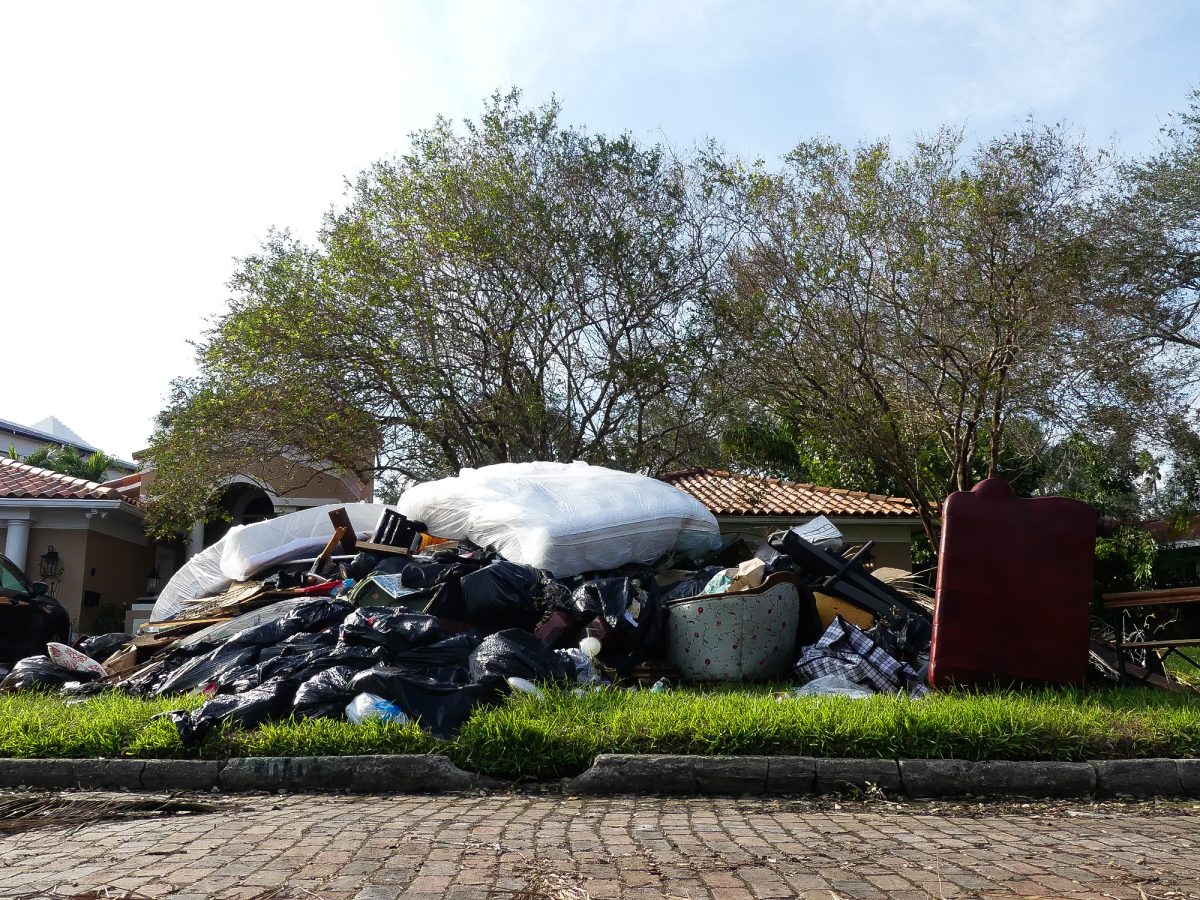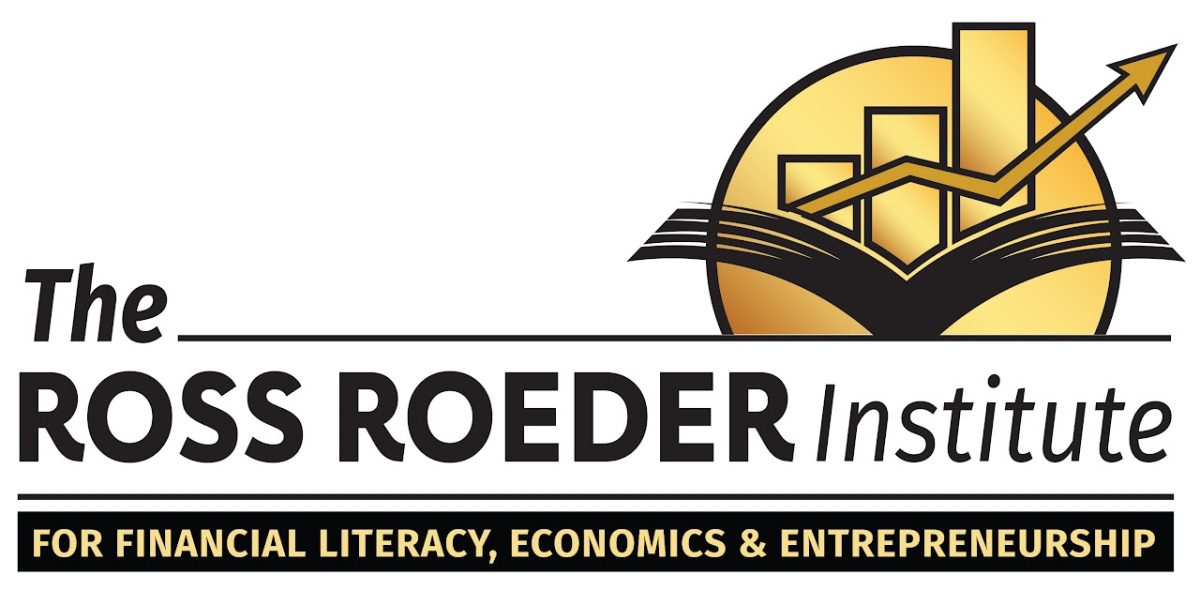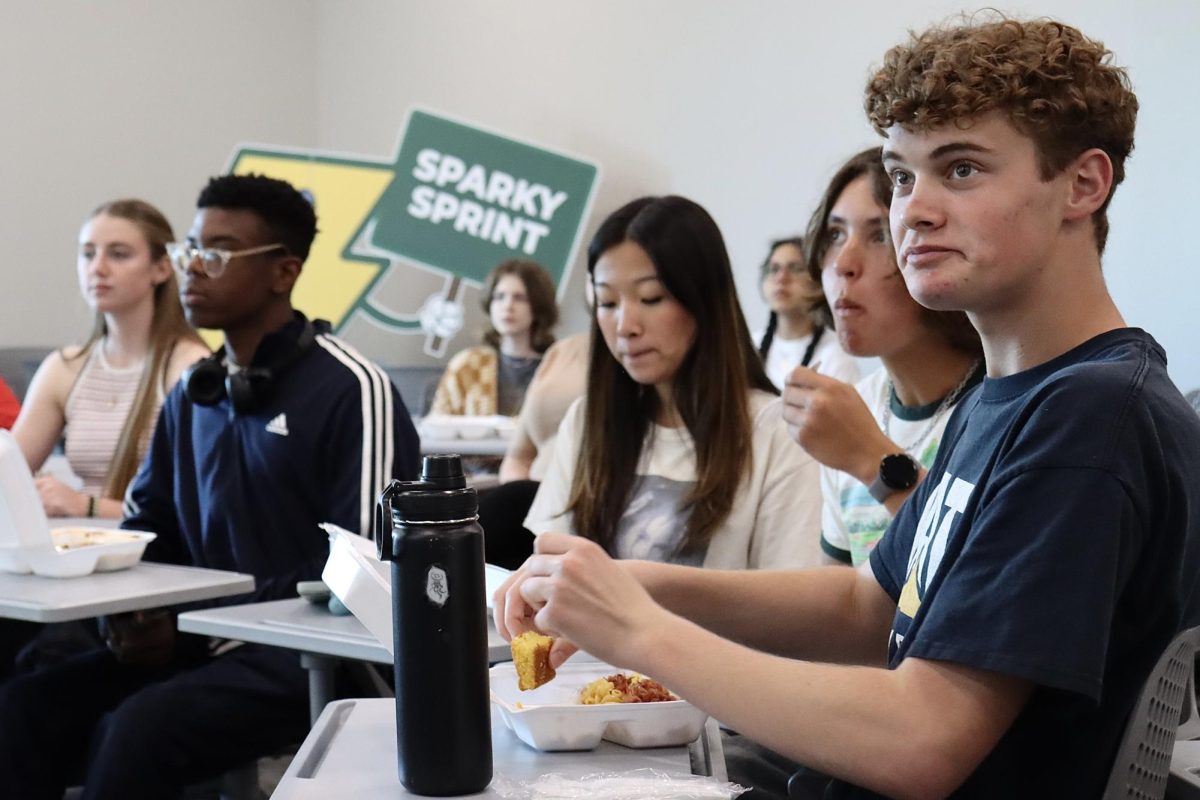Dear Readers,
Independence is what defines Shorecrest, an ideal that drives our learning and community. But autonomy isn’t cheap, and when that price becomes too steep, what once felt like independence begins to feel like a burden.
Two years ago, Shorecrest began to phase out state-funded scholarships, also known as vouchers. At first, vouchers were available for families with demonstrated financial need, but in 2023, the state of Florida expanded the program, extending eligibility to all students regardless of income.
After much thought, Shorecrest’s administration and Board of Trustees decided that phasing out this voucher was in the school’s best interest. While accepting the aid may have made the school more financially accessible for some families and brought in more revenue for Shorecrest, the money comes with strings attached.
Accepting state money means that the state can control how the school operates, what is taught and how decisions are made. Another risk is that the state could cut funding at any time, leaving families to make up the difference.
In response, the administration and trustees chose to go a step further by phasing out all state-funded vouchers entirely.
While the decision fit with Shorecrest’s mission, it has come with a significant financial impact for families. Even with state aid, tuition has continued to rise. In the 2015-2016 school year, Upper School tuition was $21,050. For the 2025-2026 school year, that number is now $34,740, an increase of nearly 65 percent in a decade. In the past three years alone, the cost has risen 17 percent from $29,600 in 2022-2023.
While a slow rise in tuition is normal, today’s costs may be too high for some families. Even teachers who get tuition discounts for their children say they’re paying more now than they were a few years ago — despite their discounts increasing from 30 percent to 50 percent.
Although it’s important to see why tuition is increasing, competitive wages allow Shorecrest to hire and retain experienced educators and provide small classes that give attention to students that makes a Charger education unique, expanding programs that open the door to exploration of new interests by students.
Many families choose Shorecrest because of these qualities. However, they don’t come at a cheap price.
In response to the rising costs, Shorecrest has taken several steps over the years to help support families and maintain its programs. The school continues to offer need-based aid to support families that qualify. Fundraising events like Giving Week and the Shorecrest Fund also bring in additional funds. The school has been open about how tuition dollars are spent, so families can better understand where the money goes and why tuition sometimes increases.
Families who qualify for need-based aid continue to receive support, but the families just above the cutoff have to make tough choices: extend their budget to stay or make the decision to leave. As tuition rises year after year, Shorecrest slowly slips even further out of reach for many of those families that bring the diverse viewpoints our classrooms need.
We believe that Shorecrest needs to be independent because academic freedom is worth defending. But independence should never be an open license for unnecessary price increases.
Sincerely,
Your Chronicle Editors




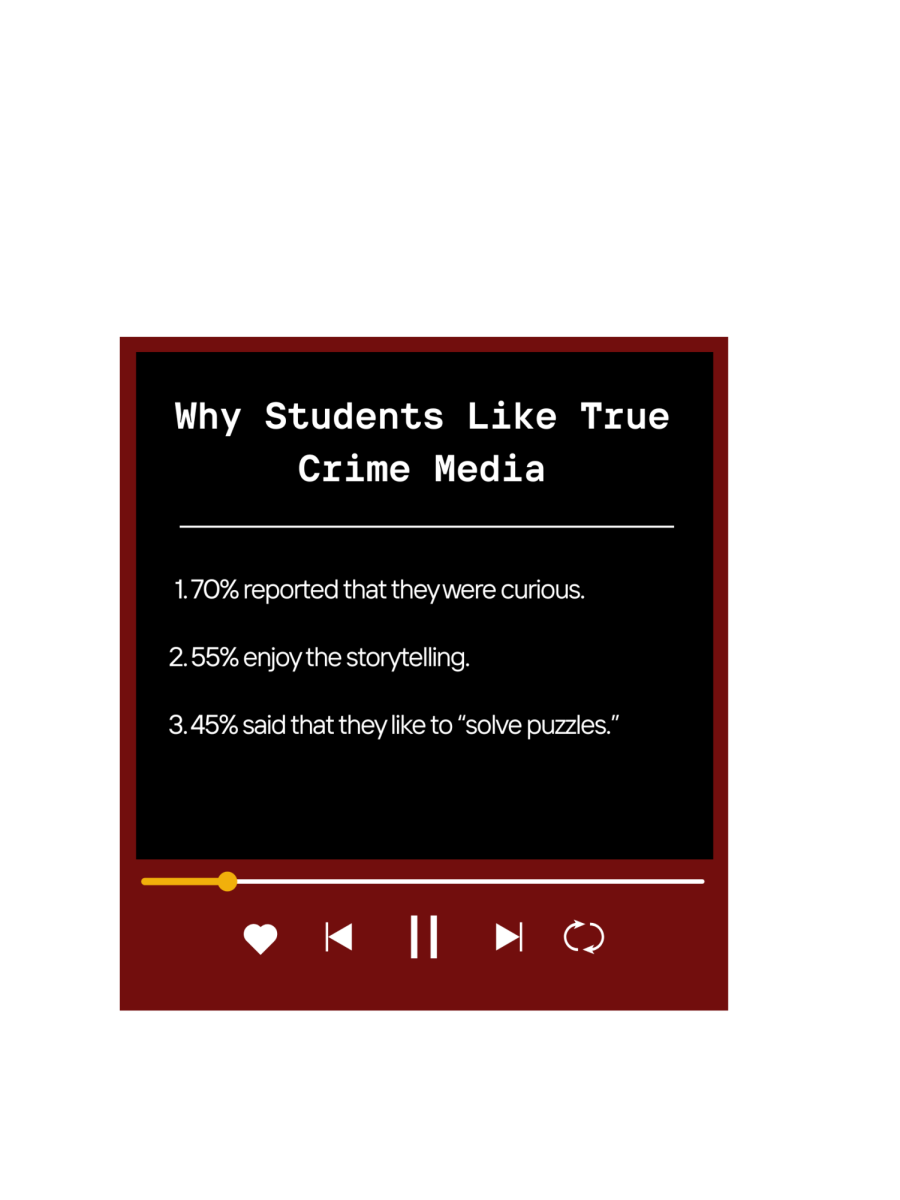
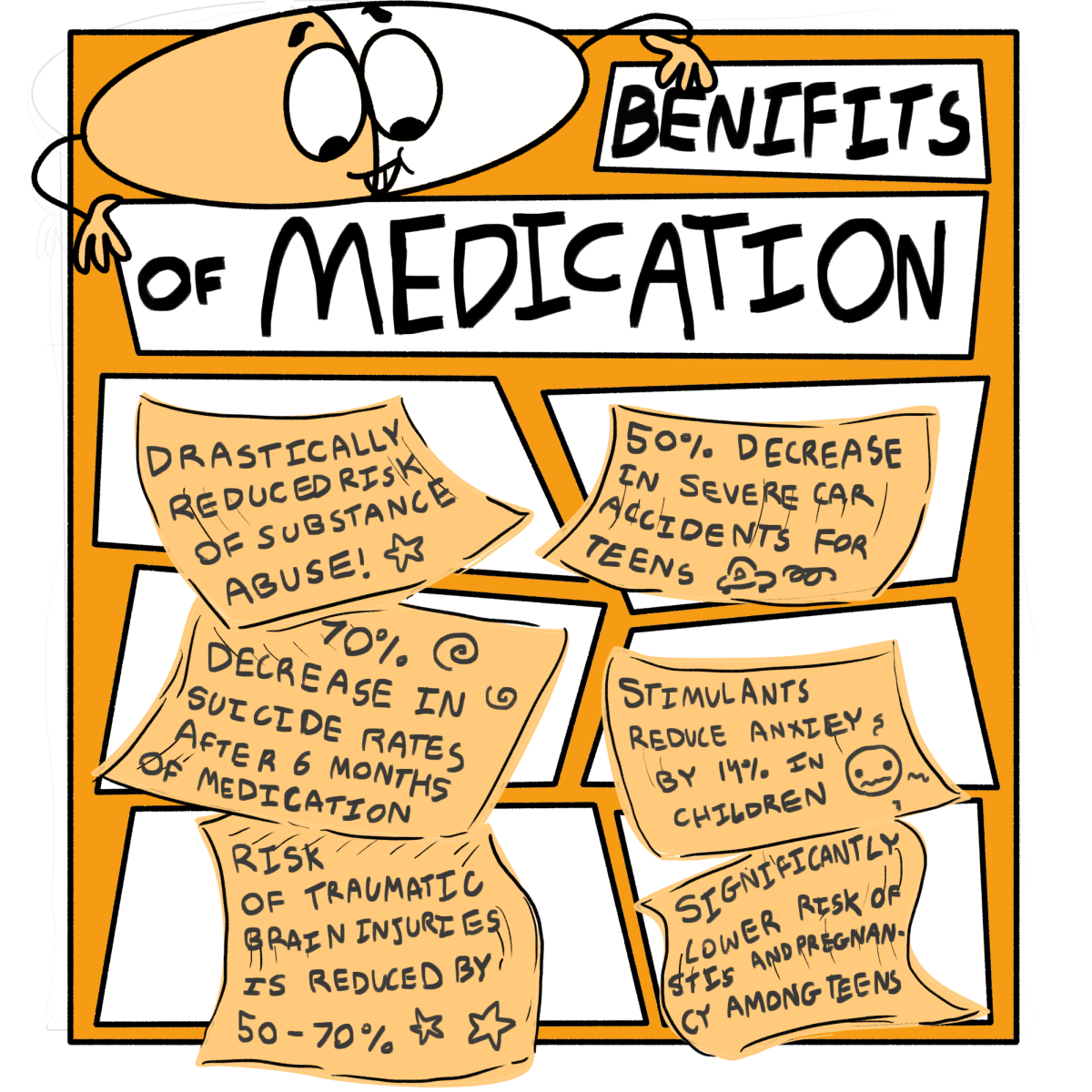


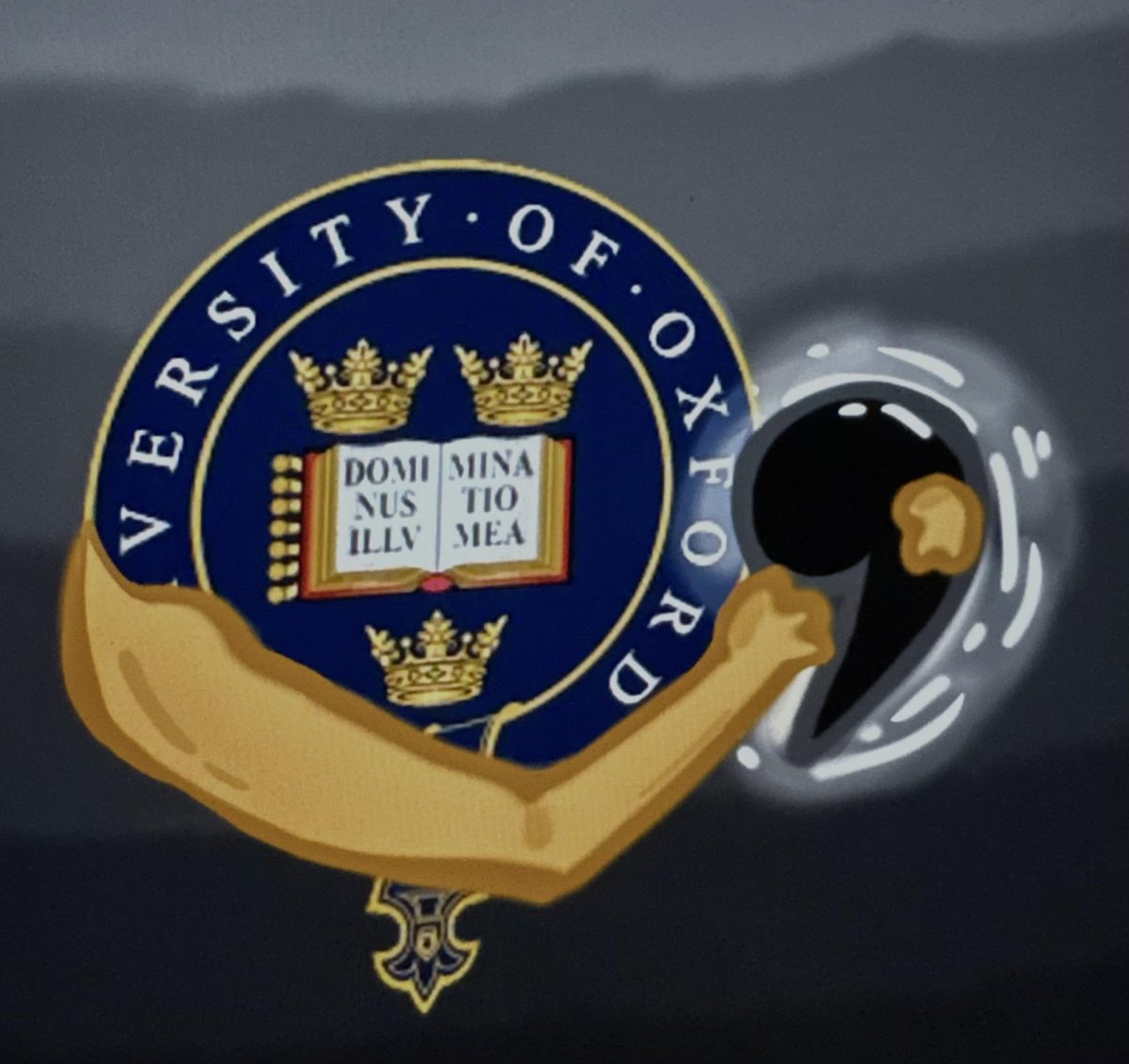






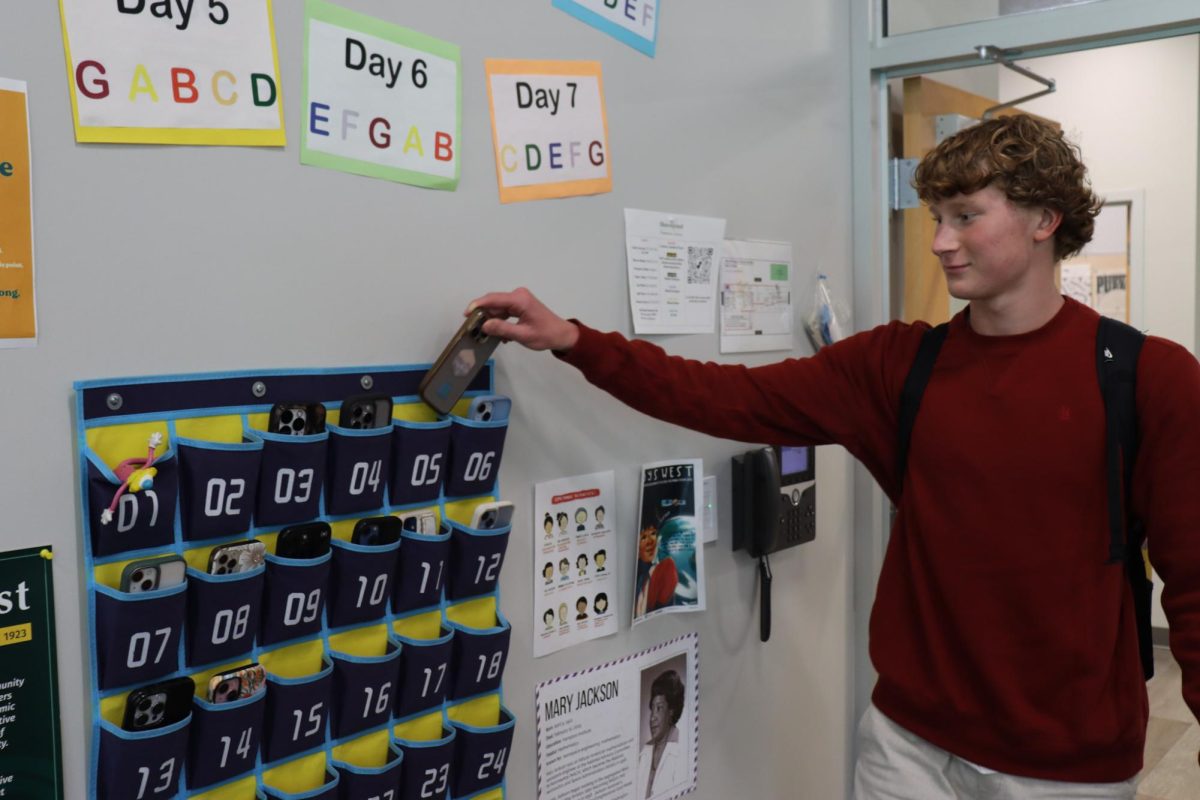


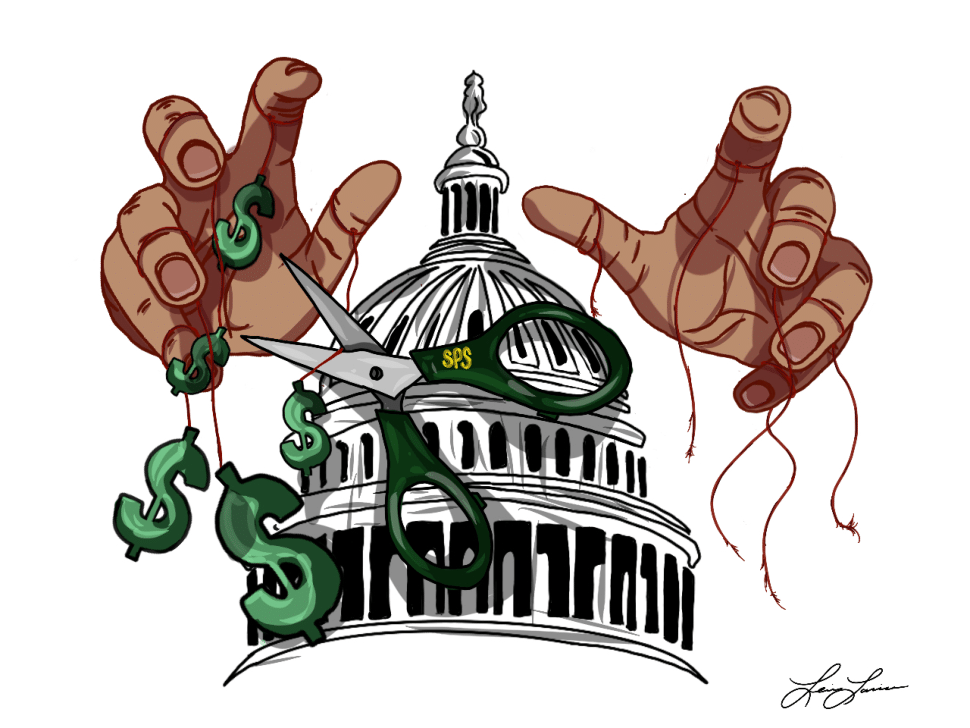















![Thespians pose on a staircase at the District IV Thespian Festival. [Front to back] Luca Baker, Maddison Cirino, Tanyiah Ellison, Alex Lewis, Summer Farkas, Jill Marcus, Ella Mathews, Sanjay Sinha, Isabella Jank, Sofia Lee, Boston Littlepage-Santana, Sally Keane, Tyler Biggar, Tanner Johnson, Jasper Hallock-Wishner, Remy de Paris, Alex Jank, Kaelie Dieter, and Daniel Cooper. Photo by Michael McCarthy.](https://spschronicle.org/wp-content/uploads/2024/12/image1-900x1200.jpg)

